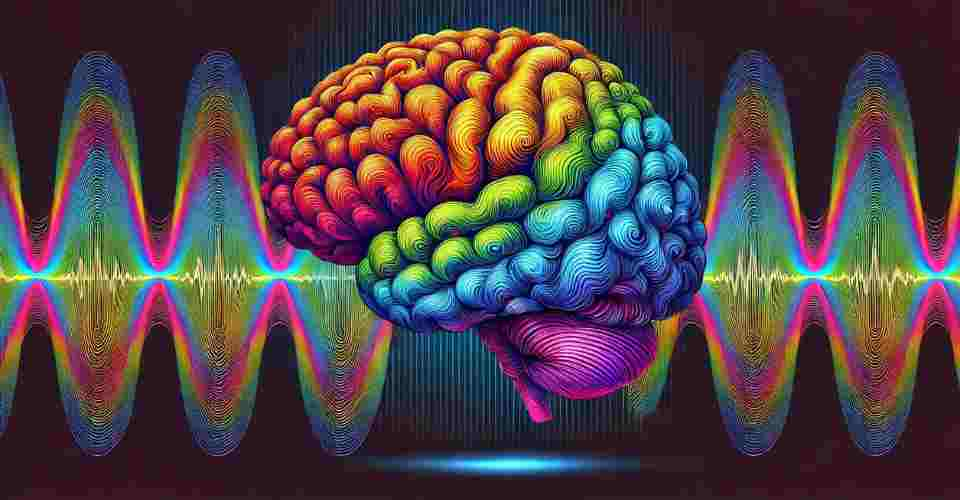The world of Korean dramas, often referred to as K-Dramas, has captured the hearts of viewers across the globe. These captivating series offer much more than just entertainment; they delve into a range of themes and experiences, including mental health.
K-Dramas on mental health have been increasingly recognized for their portrayal of mental health issues, offering a unique perspective on the challenges individuals face and the healing process.
Portrayal Of Mental Health Issues
K-Dramas on mental health tackle a variety of mental health issues with sensitivity and authenticity. Through relatable characters and compelling storylines, these dramas provide insight into the complexities of mental health challenges.
Many K-Dramas explore the topics of depression and anxiety, shedding light on the emotional struggles of characters. These portrayals are often nuanced and relatable, resonating with viewers who may have experienced similar feelings.
K-Dramas often depict characters dealing with traumatic experiences, such as accidents, war, or abuse, leading to the development of PTSD. The series explore the psychological impact of these traumas and the characters’ journey toward healing.
Isolation and loneliness are depicted through characters who may feel disconnected from society, struggling to form meaningful connections. These narratives highlight the importance of human relationships and how they can contribute to mental well-being.
K-Dramas also address addiction, including substance abuse and gambling addiction, and the subsequent journey to recovery. These storylines showcase the challenges and triumphs of individuals seeking to overcome their addictions.
Raising Awareness And Reducing Stigma
K-Dramas have played a significant role in raising awareness of mental health issues and reducing associated stigma. By portraying these issues in a relatable and empathetic manner, they help viewers better understand the challenges faced by individuals with mental health conditions.
1. Fostering Empathy
Through the emotional depth and realism of their characters, K-Dramas foster empathy among viewers. Audiences are encouraged to step into the shoes of characters facing mental health issues, allowing them to relate and empathize with their struggles.
2. Breaking Taboos
K-Dramas are instrumental in breaking cultural taboos surrounding mental health discussions. In many societies, discussing mental health has traditionally been stigmatized. K-Dramas challenge these taboos by bringing these issues to the forefront, making it easier for viewers to discuss their own experiences.
3. Encouraging Dialogue
K-Dramas often prompt open and honest conversations about mental health. Viewers may find themselves discussing these topics with family, friends, or even seeking professional help when needed, thanks to the dialogues inspired by the shows.
4. Positive Mental Health Themes
K-Dramas also emphasize positive mental health themes that inspire hope and resilience. These themes serve as a source of motivation for viewers who may be struggling with their own mental health.
5. Seeking Help
Many K-Dramas depict characters who seek help from mental health professionals. This encourages viewers to consider professional support when facing mental health challenges and emphasizes that it’s okay to ask for help.
6. Self-Care
Self-care is a recurring theme in K-Dramas. Characters often learn the importance of self-compassion and self-care practices to improve their mental well-being. This serves as a valuable reminder for viewers to prioritize their mental health.
7. Resilience
K-Dramas frequently showcase characters who exhibit remarkable resilience in the face of adversity. These stories highlight the strength of the human spirit and the capacity to overcome even the most significant challenges.
Realistic Portrayal and Representation
K-Dramas are known for their realistic portrayal of mental health issues, which resonates with viewers. They often depict characters from various backgrounds, genders, and age groups, making mental health a universal concern.
K-Dramas on mental health create multidimensional characters, allowing viewers to connect with individuals who have varied experiences with mental health. This representation underscores that mental health issues affect people from all walks of life.
K-Dramas explore diverse narratives that address the intersection of mental health with other aspects of life, such as family dynamics, friendships, work, and personal growth. These complex stories provide a more comprehensive view of mental health challenges.
K-Dramas on mental health have become a powerful platform for exploring mental health issues, fostering empathy, and encouraging open conversations. They portray the complexities of depression, anxiety, trauma, addiction, and loneliness with authenticity, providing viewers with relatable and empathetic characters. These dramas also contribute to reducing stigma and breaking cultural taboos surrounding mental health.
They emphasize the importance of seeking help, self-care, and resilience, providing valuable lessons for viewers. K-Dramas offer a unique opportunity to explore mental health in a culturally diverse and emotionally resonant context, promoting healing and understanding for viewers worldwide.




























